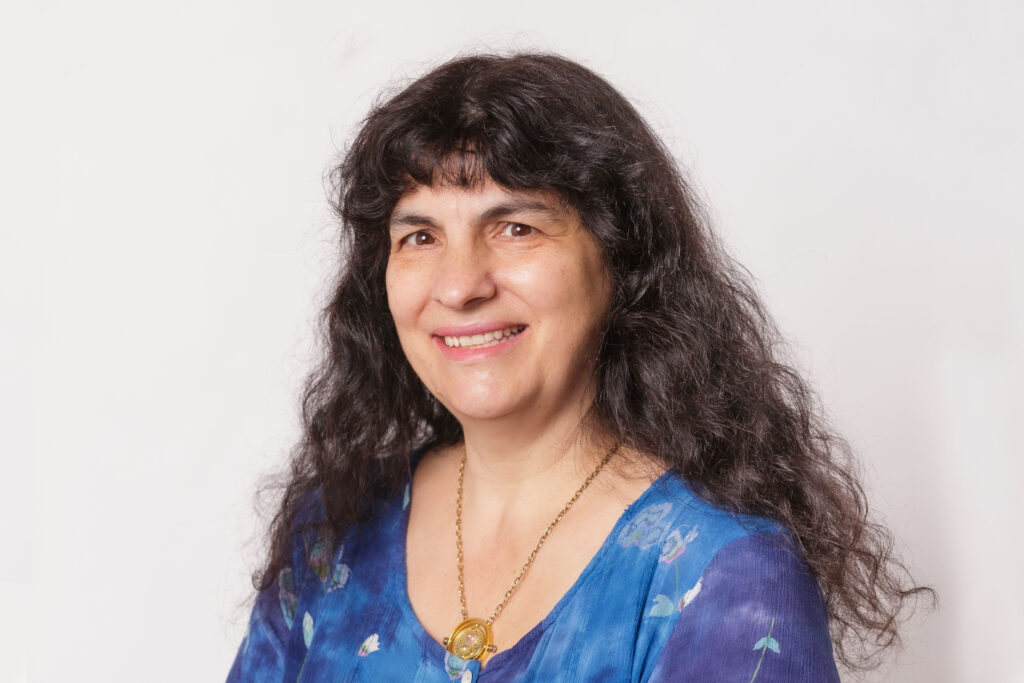The brainers

Leila Schneps – Mathematician
Leila Schneps obtained her B.A. in Mathematics from Harvard University in 1983, and went on to do her thesis at the University of Paris, later becoming a research director at the CNRS. Although her main field of research is pure mathematics, for some years now she has been interested in how mathematics is used in criminal trials and also in medical diagnoses, two areas where thorough investigation reveals serious errors committed through misunderstandings or misuse of probabilities. With Coralie Colmez, she published a book entitled Les Maths au Tribunal (Le Seuil, 2015), which recounts a dozen cases of mathematical errors that led to miscarriages of justice, from the end of the 19th century to the present day. Since then, she has been involved with the French Gendarmerie in introducing Bayesian network methods and artificial intelligence to the criminal investigation community; she is also working to publicize the problem of the rigid diagnosis of Shaken Baby Syndrome, which uses misinterpretations of medical study results to automatically attribute certain symptoms to acts of violence, leading to the immediate arrest of parents and the destruction of families.
This brainer takes part in round-table discussions, offers improvisation sessions and the following solo talks:
How to judge the rarity of a coincidence?
There's a very special type of judicial case, but one that's not uncommon: those that are virtually devoid of concrete evidence. For example, there may be one or more deaths without any direct evidence, whether murder or not. In such cases, the prosecution bases its case fundamentally on the principle of probability, asserting that if the accused really were innocent, we'd be faced with an all-too improbable coincidence. The question of correctly calculating the probability of such a coincidence then becomes crucial. We easily forget that we live among millions of other human beings, and that in such a population, anything that can happen does happen. Then, once we've calculated this probability, however small it may be, we mustn't forget to compare it with the probability that the accused committed the crimes of which he or she is accused - because murder is rare, too! A classic mistake is to assume that if the probability of an event is tiny, and it happens anyway, “someone did it on purpose”. These illusions and false intuitions regularly lead to regrettable miscarriages of justice.